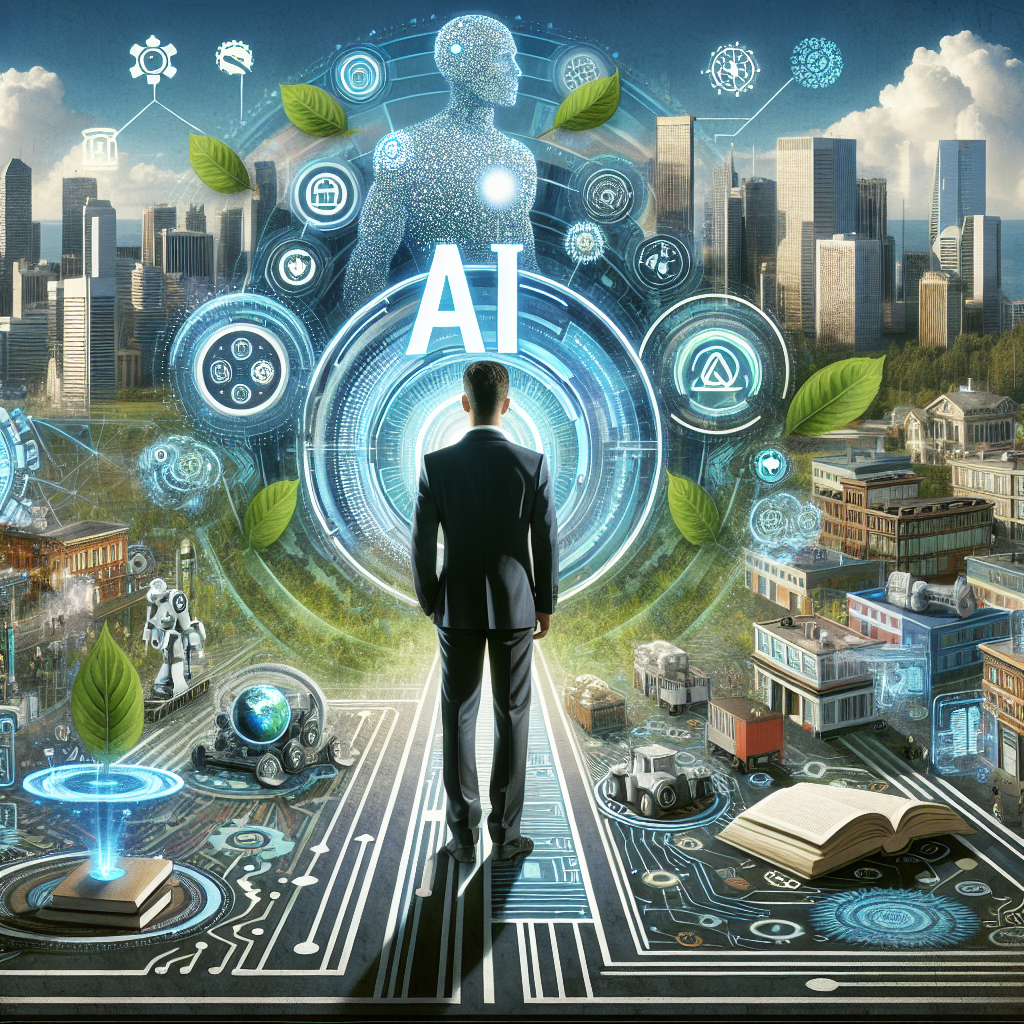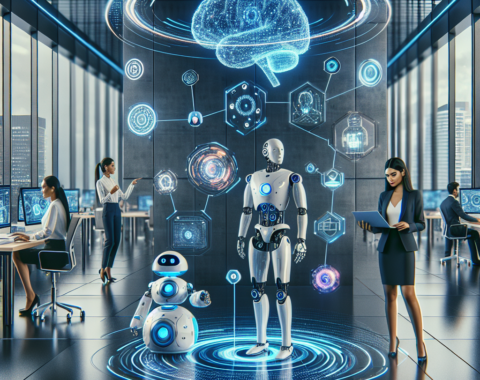
AI and Business: Why It Can’t Provide Long-Term Advantages
The emergence of Artificial Intelligence (AI) has unleashed a wave of transformation across industries, promising unprecedented efficiency and innovation. Yet, while AI has reshaped business landscapes offering immediate advantages, its ability to deliver long-term sustainable advantages is debatable. In this blog post, we delve into why AI might not be the ultimate key to long-lasting business superiority.
Understanding the AI Revolution in Business
AI technology has penetrated various sectors, enabling companies to automate processes, enhance decision-making, and deliver personalized customer experiences. From chatbots offering customer service to machine learning algorithms predicting market trends, AI seems like a miracle-worker capable of driving competitive advantages.
The Initial Advantage
Early adopters of AI technology often enjoy a significant edge. Businesses leveraging AI can:
- Reduce operational costs by automating routine tasks.
- Gain insights from large datasets through data analytics.
- Offer personalized customer experiences using predictive analytics.
These immediate benefits are enticing, allowing organizations to outperform competitors and capture larger market shares—at least initially.
The Erosion of Competitive Advantage
Despite its game-changing potential, AI’s capacity to maintain a long-term, sustainable competitive advantage is limited. Here’s why:
AI is Becoming Ubiquitous
The barriers to AI adoption are decreasing, making it increasingly accessible. As AI technologies mature, they become more affordable and easier to integrate. This democratization means that:
- More companies, including smaller firms and startups, can afford to implement AI solutions.
- The rapid pace of technological advancements ensures that any AI-based advantage is quickly replicated.
Consequently, AI quickly transitions from being a differentiator to a baseline expectation in the market.
Technology is Only as Good as Its Data and Implementation
AI systems rely heavily on high-quality data. Yet:
- Data quality varies significantly across organizations.
- Poor quality data can lead to erroneous AI outcomes, negating the technology’s effectiveness.
- The ability to leverage AI effectively depends on seamless integration with existing systems and processes.
Organizations that manage these aspects well may maintain a fleeting advantage, but they are unlikely to sustain it indefinitely.
The Need for a Holistic Business Strategy
While AI enhances operations, relying solely on it for competitive edge is shortsighted. Sustainable competitive advantages arise from unique value propositions and strategic agility. Business leaders should focus on:
Combining Human and Machine Intelligence
The greatest gains come from effectively blending human judgment with AI’s computational prowess. Rather than replacing human roles, AI should complement and enhance human decision-making and creativity.
- Empower employees to work alongside AI, leveraging their unique insights and expertise.
- Implement AI in areas where it augments rather than undermines human capabilities.
Continuous Innovation
To sustain a competitive advantage, companies must cultivate a culture of innovation. This involves:
- Encouraging a mindset that embraces change and fosters creativity.
- Investing in research and development to continually evolve and enhance products and services.
Sustainable Business Practices
Long-term success requires integrating sustainability into the business model. Companies should focus on:
- Adopting environmentally friendly practices and technologies.
- Prioritizing ethical business practices and corporate social responsibility.
Conclusion
AI is undoubtedly a powerful tool that propels businesses toward efficiency and innovation, facilitating short-term competitive gains. However, as AI becomes more mainstream, relying on it as a sole strategy for long-term advantage is ill-advised. The future belongs to organizations that leverage AI to complement human intelligence, foster continuous innovation, and embrace sustainable business practices. By adopting a holistic business strategy, companies can navigate the dynamic marketplace, ensuring resilience and sustained success in the era of rapidly evolving technology.




